Hamlet's soliloquy is interrupted by Ophelia who is saying her prayers. Hamlet addresses her as Nymph, a courtly salutation common in the Renaissance 1. Some critics argue that Hamlet's greeting is strained and coolly polite, and his request that she remembers him in her prayers is sarcastic. However, others claim that Hamlet, emerging from his.. William Shakespeare's Hamlet is one of the most popular, well-known plays in the world. Its iconic "To be or not to be" soliloquy, spoken by the titular Hamlet in Scene 3, Act 1, has been analyzed for centuries and continues to intrigue scholars, students, and general readers alike. The soliloquy is essentially all about life and death: "To.

Obra de teatro CRASH NTCD Noticias

8 grupos paulistanos de teatro para você conhecer no Dia Mundial do Teatro

To Be or Not to Be (1942)

Cinco obras de teatro que tienes que leer en tu vida Gluc.mx
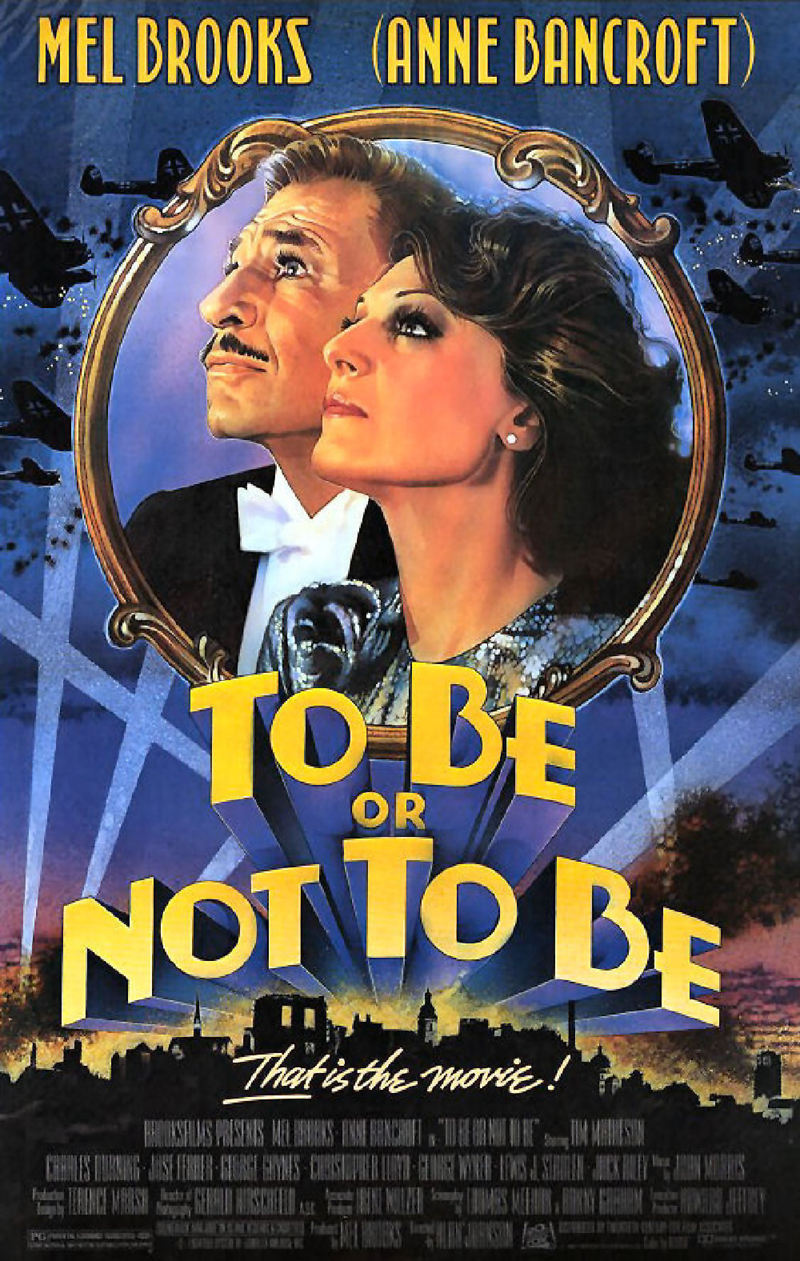
To Be or Not to Be DVD Release Date

Las 10 obras de teatro que no hay que perderse en Madrid este agosto Teatro
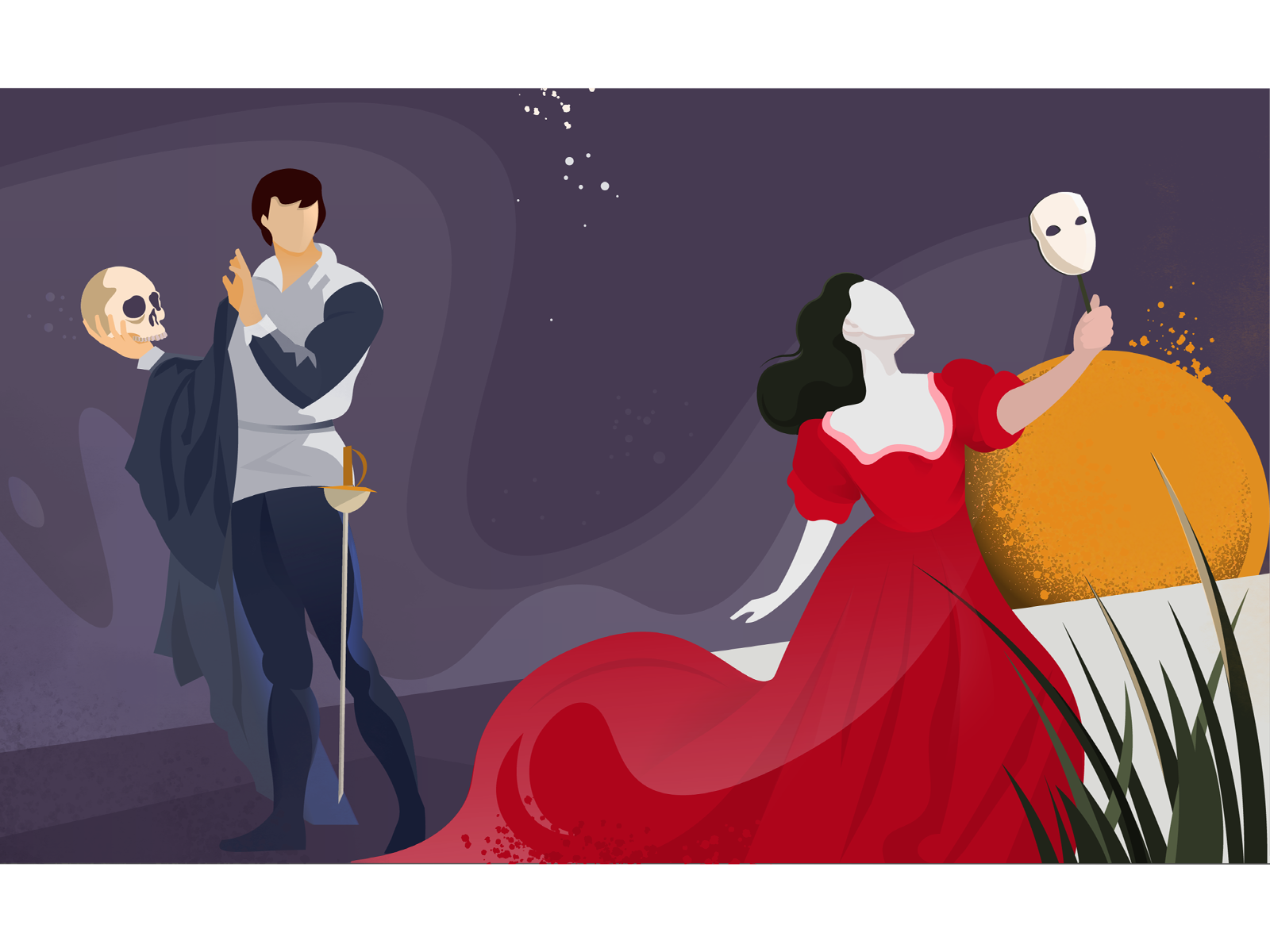
To be or not to be Drama illustration by Deniz Günsav on Dribbble

Las 10 mejores obras de teatro El Placer de la Lectura

To Be or Not To Be Movie fanart fanart.tv
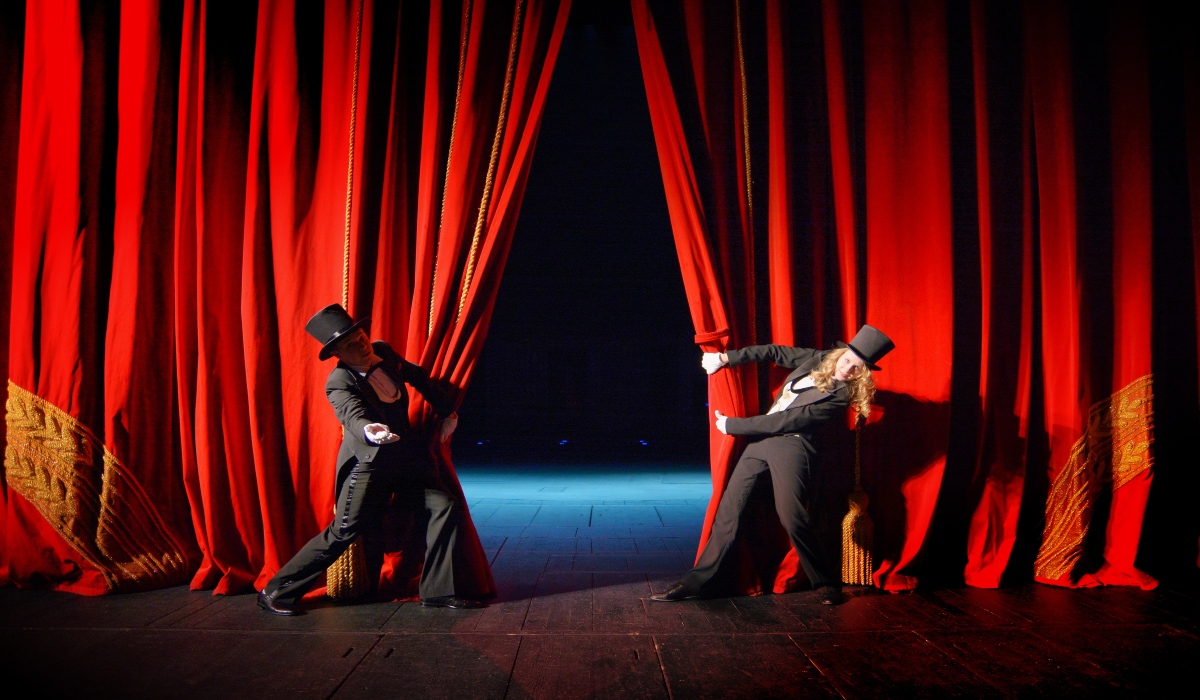
El telón se vuelve a abrir en los teatros Cultura y Espectáculos 5Días
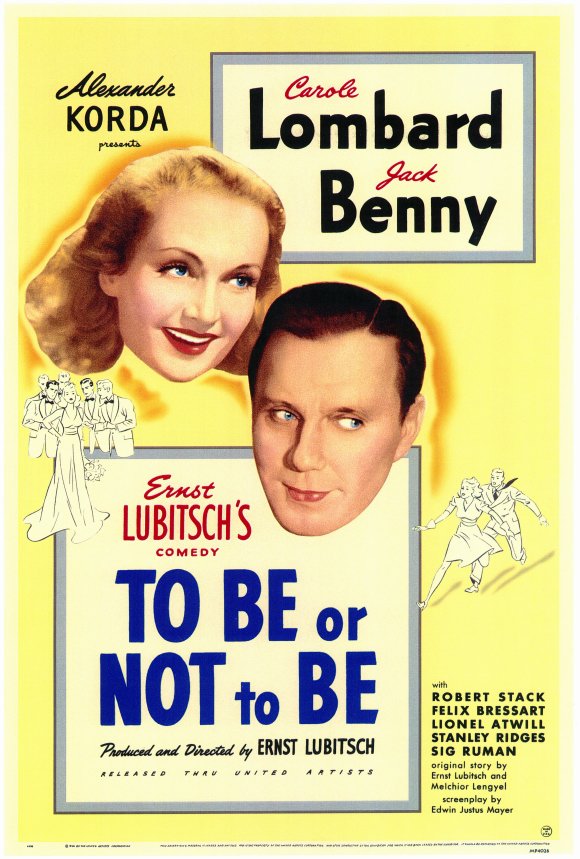
Cinephiliaque To Be or Not to Be (1941)

Spettacolo teatrale "To be or not to be?" Teatro Moderno Sab. 11/03/17 h.16 Istituto di
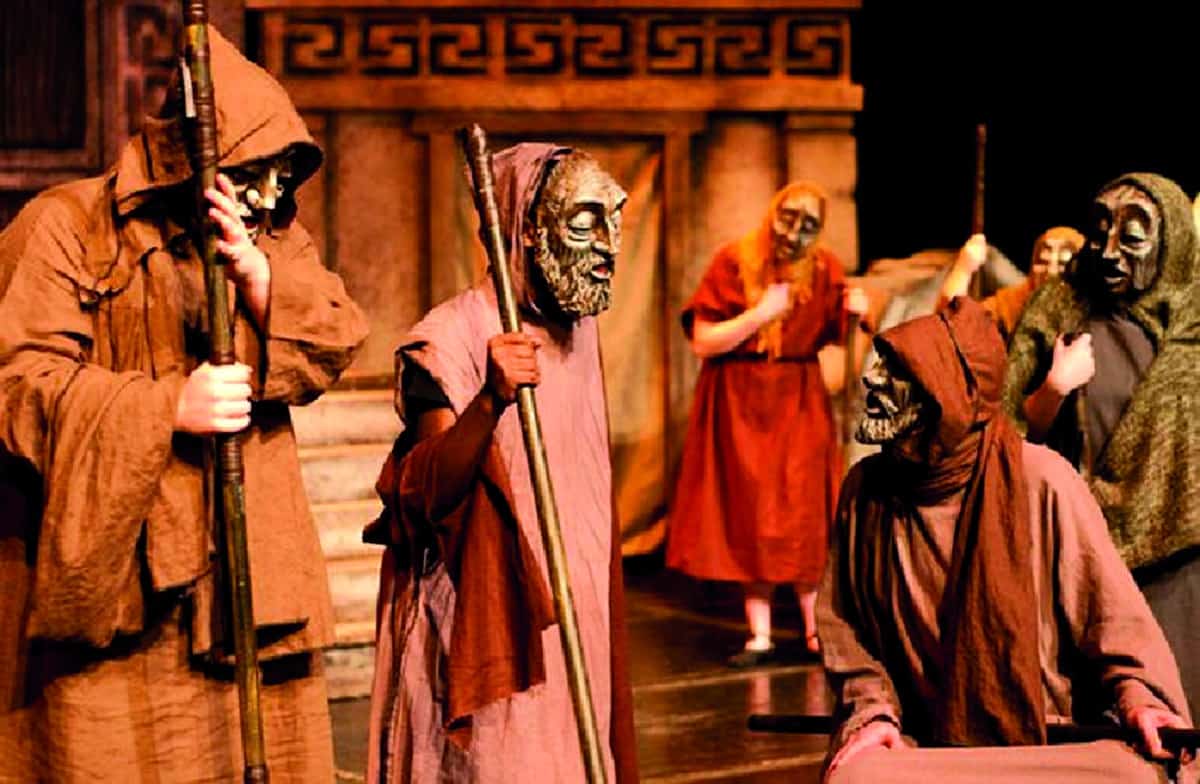
Arquiteta Giovanna Ribeiro Máscaras de teatro Origem, simbolismo e representação no teatro grego
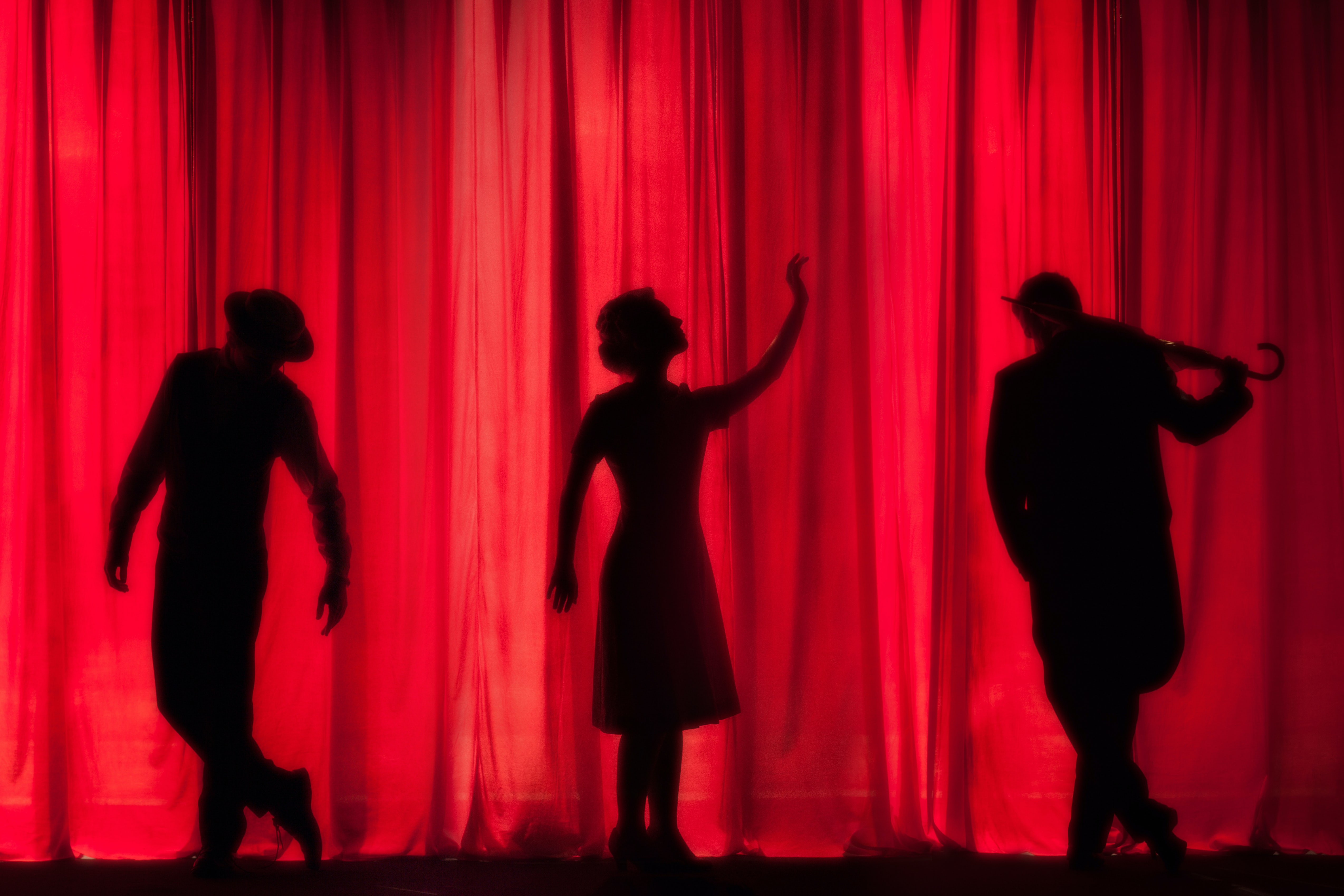
Género dramático teatro GNOSS Didactalia material educativo

dB Level Sound and Lighting SystemsOBRAS DE TEATRO, MUSICALES Y PERFORMANCE

Teatro perché è essenziale nelle nostre vite ? Spettacolo Periodico Daily
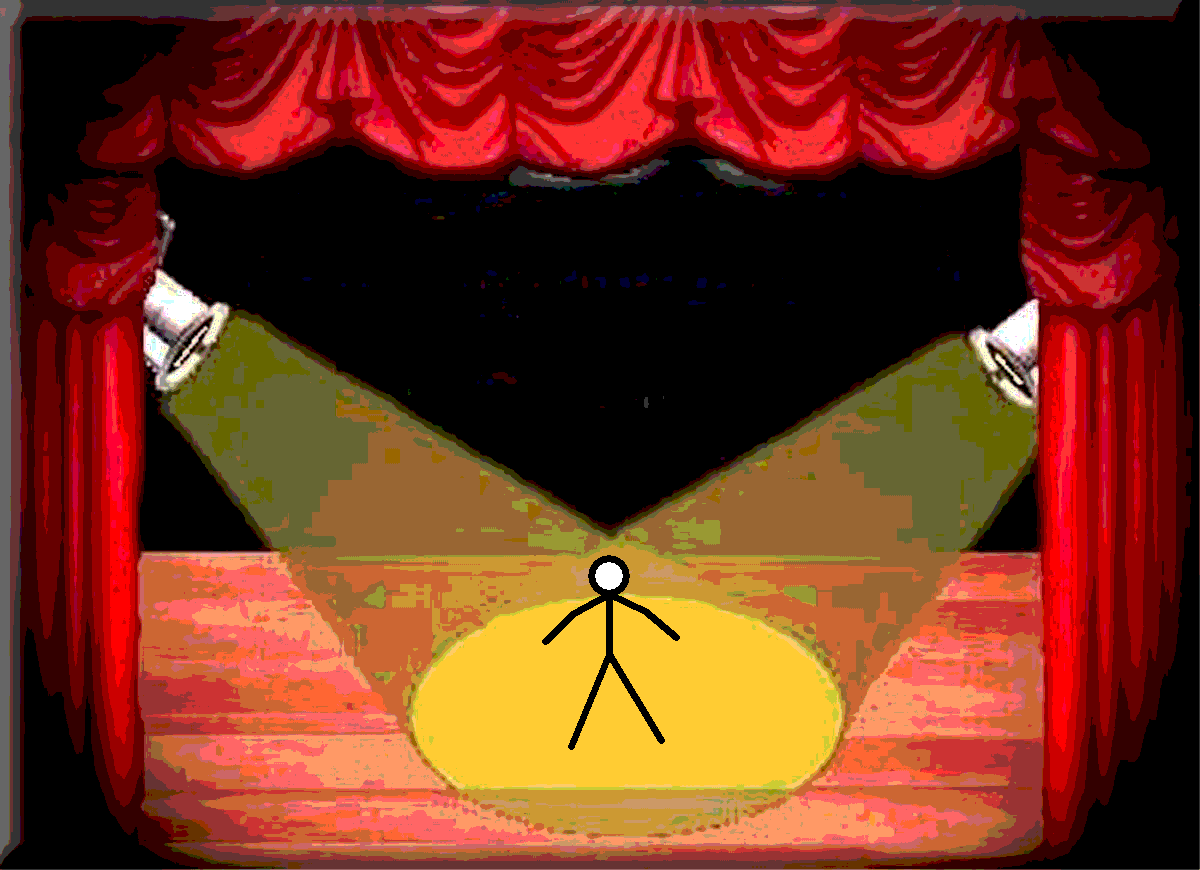
Poeliteraria PREGUNTA TEÓRICA. EL TEATRO DESDE PRINCIPIOS DEL SIGLO XX HASTA 1939 TENDENCIAS

TO BE OR NOT TO BE Famous William Shakespeare HAMLET Monologue FULL AudioBook Acting
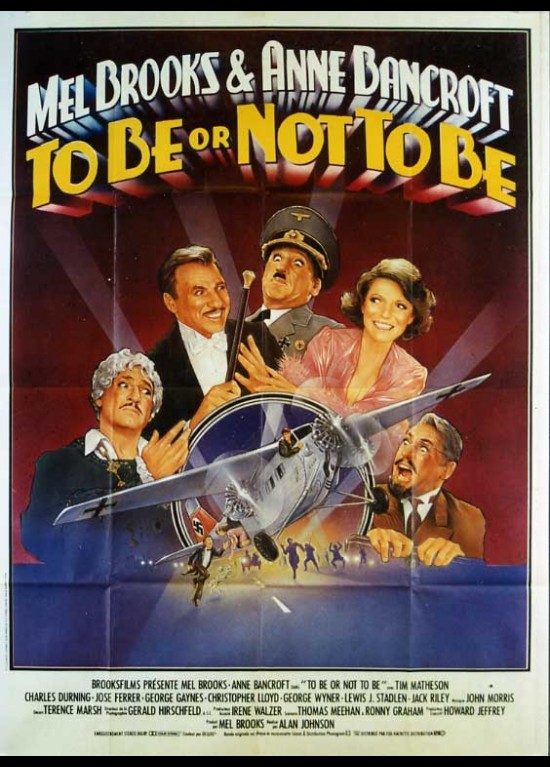
affiche TO BE OR NOT TO BE Alan Johnson CINESUD affiches cinéma
Teatro
To be, or not to be: that is the question: 55 Whether 'tis nobler in the mind to suffer The slings and arrows of outrageous fortune, Or to take arms against a sea of troubles, And by opposing end them? // To die: to sleep; No more; and by a sleep to say we end 60 The heart-ache and the thousand natural shocks. ¡Ser, o no ser, es la cuestión! -¿Qué debe más dignamente optar el alma noble entre sufrir de la fortuna impía el porfiador rigor, o rebelarse contra un mar de desdichas, y afrontándolo desaparecer con ellas? Morir, dormir, no despertar más nunca, poder decir todo acabó; en un sueño sepultar para siempre los dolores del corazón, los mil y mil quebrantos que heredó nuestra carne.